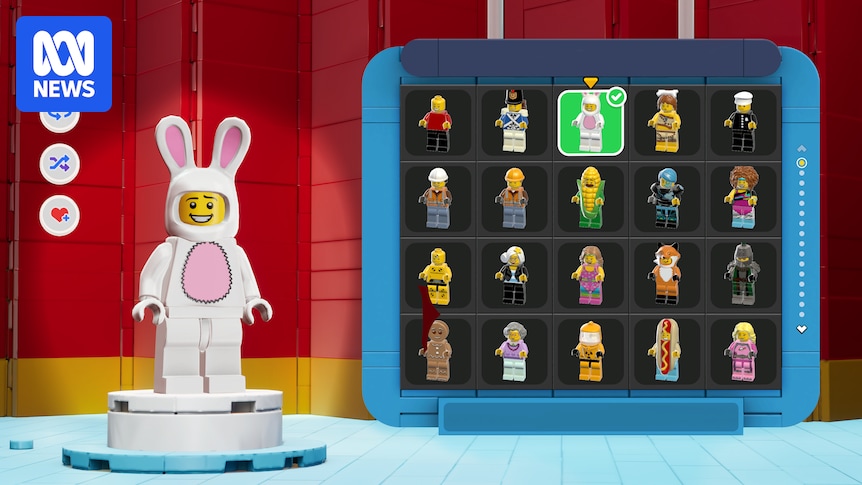
Digital media researchers warn that online video games could soon be swept under the federal government’s social media ban for those under 16 years old. Although the current legislation excludes online services primarily designed for gaming, experts argue that the definitions are “incredibly vague”.
Associate Professor Brendan Keogh from the Queensland University of Technology’s Digital Media Research Centre expressed concerns over the clarity of these definitions. “I still have questions about how much any minister of the day can change what is or isn’t excluded from those central definitions,” Dr. Keogh stated. “I think there’s concern in the video game industry about just how reliable or permanent that exclusion of [online] games is.”
Industry Concerns and Government Communication
The announcement comes as eSafety Commissioner Julie Inman Grant has reportedly reached out to online gaming platforms, including Roblox and Lego Play, indicating that the ban could potentially apply to their services. This move has sparked a debate among industry experts and researchers.
Professor Marcus Carter, a specialist in human-computer interaction at the University of Sydney, highlighted the challenges of moderating content on platforms like Roblox, which he says is “rightfully critiqued” for failing to effectively manage “fringe, far-right material” uploaded by users. He cautioned that banning games might simply lead children to seek alternatives. “Is the commissioner going to play whack-a-mole with every game that children start playing? Once children are banned from creating an account on one game, they’re just going to move to another game,” he noted.
Debate Over the Ban’s Scope
While some argue for the inclusion of video games in the ban, others believe it would be an “overreaction”. Professor Carter emphasized the positive aspects of gaming, stating, “The risks are overwhelmingly outweighed by the positive social, creative, and intellectual benefits of playing games for young people.” He advocates for parental engagement rather than blanket bans, suggesting that understanding the games children play is crucial.
A statement from the Interactive Games and Entertainment Association underscores that video games are already regulated by the National Classification Scheme, which provides guidelines on age-appropriateness and content. This existing framework, they argue, should suffice in ensuring safe gaming environments.
Developers’ Response and Safety Measures
Meanwhile, developers like Ashley Ringrose, founder of SMG Studios, are proactively designing games with safety in mind. “Children could describe something innocuous, like where they live, their school, or their favorite restaurants, that identifies them. We try to restrict that,” Ringrose explained. SMG Studios employs “canned chat” features and restricts online interactions to known digital friends or teenagers.
Ringrose, who is also a father, expressed confidence in the measures his company has implemented, stating that they are not worried about losing business over the potential ban.
Looking Forward: Balancing Safety and Freedom
As the debate continues, Professor Carter calls for more robust safeguards in online video games, rather than outright bans. “A ban is going to eradicate the opportunity to create ‘safety by design’ features that make children’s online play worlds better,” he said. “That’s not the right way to go about building a safer children’s internet.”
This development follows ongoing discussions about the responsibilities of digital platforms in safeguarding young users. The move represents a broader trend of scrutinizing digital interactions among minors, with implications for both the gaming industry and regulatory bodies.
As policymakers, industry leaders, and researchers continue to navigate this complex landscape, the focus remains on finding a balanced approach that protects young users without stifling the potential benefits of digital interaction.






